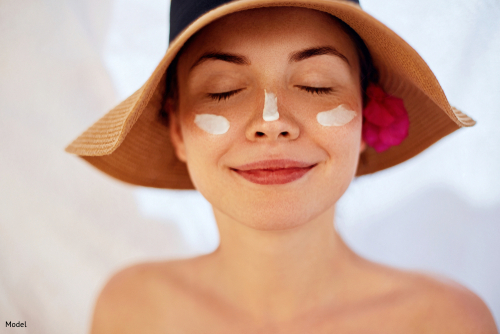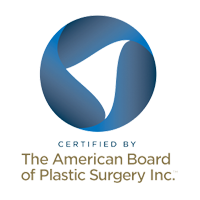Warmer weather is finally here, and with brighter days comes more sun exposure. Many of us take steps to protect ourselves from the sun on summer days spent biking, hiking or sitting by the pool, but no matter the season or activity, it’s always important to keep sun safety in mind. With skin cancer being the most common cancer in the United States, we could all use a refresher on sun protection.
Sun exposure and UV rays
Ultraviolet (UV) radiation is part of the natural energy emitted by the sun that can also be artificially created, as with tanning beds and sunlamps. Since UV light has shorter wavelengths than visible light, we can’t actually see UV rays, but our skin can certainly feel it. Two main forms of UV light — UVA and UVB — can contribute to your risk of skin cancer. UVB is typically to blame for sunburns, while UVA is associated with skin aging. Unprotected exposure to UVA and UVB rays can result in damage to the DNA in skin cells, which can then lead to skin cancer and early skin aging.
Luckily, protecting your skin and practicing sun safety is as simple as it is important.
Use sunscreen
The FDA recommends using broad spectrum sunscreen with an SPF of at least 15, even on cloudy days. Broad spectrum sunscreen protects against both UVA and UVB rays, giving your skin the barrier it needs to stay healthy. Remember to apply your sunscreen generously to any uncovered skin, especially your nose, ears and neck, which are some of the most common areas for sun damage. Reapply every two hours, or more often if you’re swimming or sweating. Be sure to check your sunscreen’s expiration date before application. Keep in mind that no sunscreen completely blocks UV radiation, and no sunscreen is waterproof.
If you’re having trouble finding a sunscreen that’s right for you, our team of experts can help you make the right choice! Here at Atagi Skin Aesthetics, we’re proud to offer a variety of medical-grade, broad-spectrum sunscreens from top-of-the-line skincare brands like skinbetter science®, EltaMD® and many more.
Wear sunglasses
Not only do UV rays affect skin cells, but they can also cause eye damage, including cataracts and eyelid cancer. Sunlight can reflect off of sand, water or even snow, and increase your risk of developing eye problems. The right pair of sunglasses can help protect your eyes from harmful UV radiation. Sunglasses with a UV400 rating are ideal since they provide the most protection against UV rays, blocking more than 99% of UVA and UVB radiation. Be careful not to mistake tinted sunglasses as having adequate UV protection. Looks can be deceiving — sunglasses with lighter tints like green or red can offer the same sun protection as darker lenses.
Risk factors
People of all skin types can develop skin damage from repeated exposure to UV rays, so be sure to protect yourself regardless of how your skin handles the sun. Risk for harmful effects of UV radiation is increased in people who:
● Have pale skin
● Have blond, red or light brown hair
● Are over 50 years of age
● Have been treated for skin cancer
● Have a family member with skin cancer
Want to learn more about how to protect yourself and keep your skin healthy and radiant? Call 303.327.7300 or today to get started.



